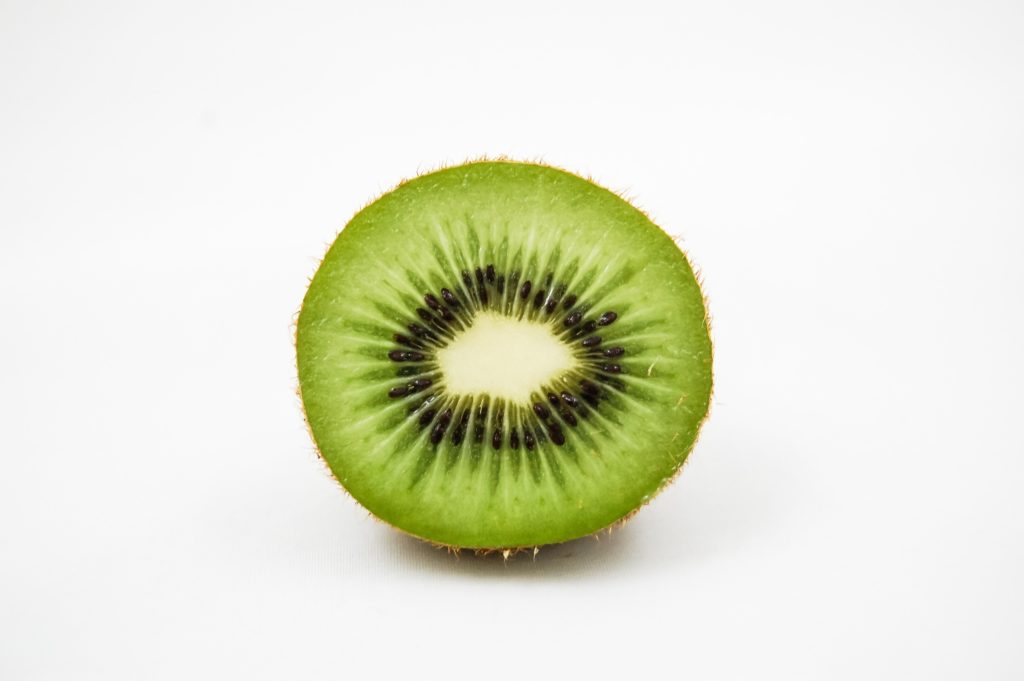
Kiwi is often called “Chinese gooseberry” or “green berry”. The first mention of it appeared in the twelfth century in China. It was grown for sale and import. But in Europe it became known only at the end of the XIX century. The name “kiwi” originated in New Zealand, probably because of the bird of the same name that lives in this area.
What are the benefits of kiwi?
Kiwi contains a large number of vitamins: A, B1, B2, B6, B9, C, PP, so it is so useful for our body! Just imagine – one berry can provide a person with a daily dose of vitamin C. By the way, kiwi has more vitamin C than orange.
In addition, kiwi is rich in iron, zinc, potassium, calcium, magnesium, sodium and phosphorus. Therefore, it strengthens the immune system, fights stress, relieves heaviness in the stomach and promotes weight loss.
Can I lose weight with kiwi?
Of course, on the Internet you will find many diets based on kiwi, on which you can lose weight. But in fact, they can be harmful to your body. You should consult a doctor about such weight loss.
However, with the help of this fruit you can definitely prepare the body for weight loss. The fact is that the skin of the product contains antioxidants that help burn calories efficiently. Those who are actively losing weight, it is recommended to eat kiwi with peel, cut it into slices. But before that, clean it of lint.
Why is it useful to eat kiwi for breakfast?
All again, thanks to vitamin C. Kiwi is ideal for breakfast menu, as well as for a snack. After all, it gives a charge of energy for the whole day. But other substances, such as copper, will stimulate collagen production, and potassium will support the digestive system and help improve muscle tone.
How to choose the perfect kiwi?
When buying kiwis in the store, take the fruit so that it is between your thumb and other fingers. Slight pressure on the surface of the fruit with your thumb, if you feel soft, the berry is ripe. But if the fruit is wrinkled or hollow, it is most likely overripe. Also, avoid too hard kiwis, as they can have an unpleasant sour taste. Interestingly, the fruit can be stored in the refrigerator for up to three weeks and not spoil.




